The American Vapor Manufacturers (AVM) has requested assistance from the Office of Inspector General from the U.S. Department of Health and Human Services regarding the FDA’s premarket tobacco product application (PMTA) process.
General Grim has yet to publicly respond to either AVM or the FDA.
AVM President, Amanda Wheeler, wrote a formal letter to General Christi Grimm requesting the HSS to open an investigation into the FDA’s practices based on believed political pressure influencing decision-making by the agency – in particular regarding vaping.
“As members of the American Vapor Manufacturers Association can attest, the FDA’s performance in administering the PMTA process has been an embarrassment,” Wheeler remarked.
While Juul does not form part of the AVM, Wheeler made clear links between the recent marketing denial order (MDO) the company had received to the external pressures to the FDA by external groups.
In the letter, Wheeler cites a video conference wherein Congressman Raja Krishnamoorthi was recorded saying, “After I and my office actually had a long conversation with the FDA Commissioner, [FDA] finally decided to issue these MDOs.”
Evidence like this truly highlights how deeply the anti-vaping agenda runs within the FDA and its decision-making.
Who Are the American Vapor Manufacturers?
The AVM is a group of independent vapor manufacturers located across the U.S that is working toward protecting vaping through advocacy. They represent a handful of business owners dedicated to advocating for correct federal regulation.
The AVM is far from the only group that has taken umbrage with the PMTA process. Since its original deadline of September 9, 2020, endless manufacturers have received marketing denial orders seemingly unjustly.
Why Did AVM Seek Outside Help?
In the recent past, the FDA has given many manufacturers hope by issuing marketing authorizations after a hugely stressful period of waiting.
While it was clear that some of the authorized products had significant ties to big tobacco and other influential groups, smaller groups like NJOY also received authorization, allowing smaller manufacturers to believe that there was a chance of receiving similar treatment.
The flagrant denial of a massive company like Juul displayed two key points to vaping proponents: the FDA is willing to make incredibly rash decisions based on little to no concrete evidence, to the point of flip-flopping their reasoning, and that even vaping superpowers are susceptible to the whims of the agency.
Because of the clear target on the backs of vaping manufacturers, there is little they can do to sway these kinds of choices by the FDA. This results in their only method of recourse being to seek external moderation and investigation.
In Summary
The FDA’s premarket tobacco application process has vexed vaping manufacturers since its initial inception in late 2020. Continued marketing denial orders have led to increased tension between vaping manufacturers and the agency itself, along with a loss of faith in the FDA.
External factors such as political pressure from anti-vape organizations have resulted in groups like the American Vapor Manufacturers seeking assistance from outside parties like the Department of Health and Human Services.
At this point, the vaping business landscape in America seems incredibly futile if the FDA’s rampant decision-making is not put in check.

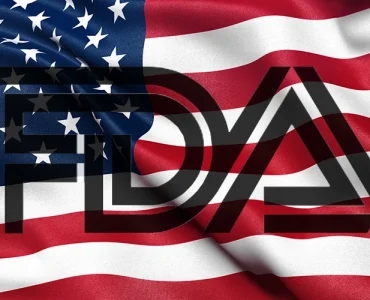

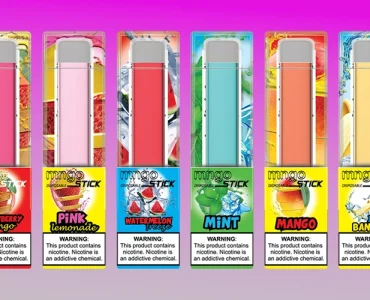

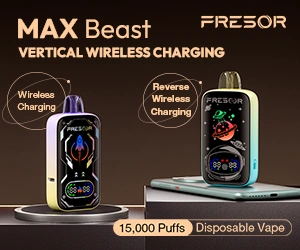
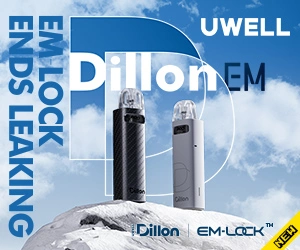
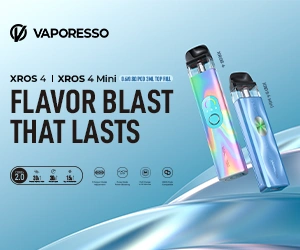
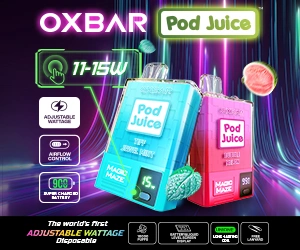
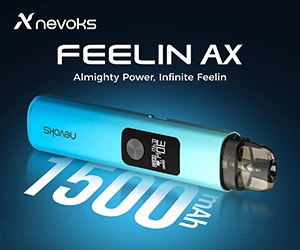
Add comment